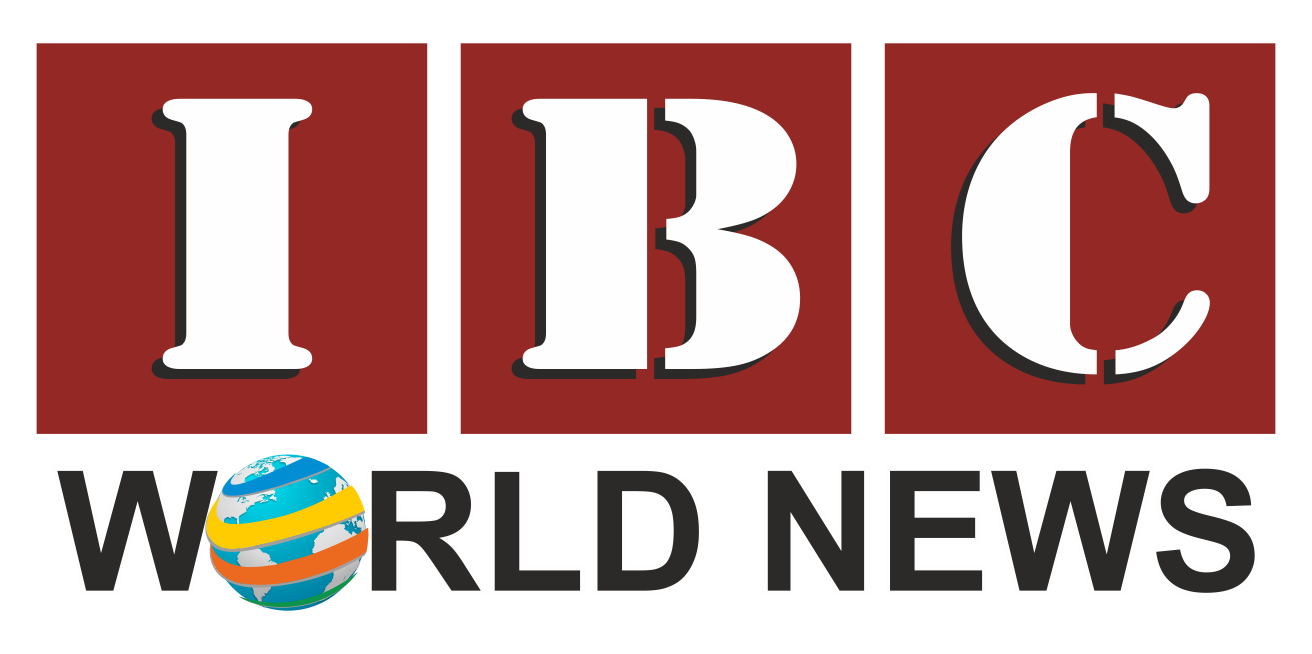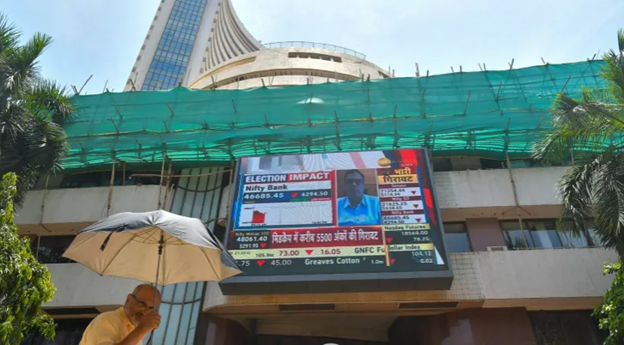Mumbai
Indian stock markets saw their biggest weekly drop in six months, with both Nifty and Sensex falling for the sixth day in a row. This decline was driven by worries over rising H-1B visa fees and new US tariffs on Indian pharmaceutical imports.
The Nifty index fell about 2.5%, closing at 24,654.70 on Friday, while the Sensex dropped 2.54%. Midcap and small-cap stocks faced even steeper falls of 4.38% and 4.27%, respectively, due to high valuations.
The IT sector came under early pressure because of concerns over increased H-1B visa costs. Meanwhile, shares of Indian pharma companies dropped after US President Donald Trump announced tariffs of up to 100% on branded and patented drugs starting October 1.
The Nifty index lost the gains made in the past two weeks and fell below its 20-week moving average, signaling a weaker trend ahead. Analysts said selling pressure might continue unless Nifty breaks the resistance level between 24,750 and 24,850 points.
However, sectors like banking, FMCG, and automobiles showed strength, supported by positive domestic policies and stable economic conditions. Experts noted that the market’s future depends on improving corporate earnings and resolving trade issues between India and the US.
The Indian rupee also weakened due to foreign fund outflows and rising geopolitical risks from US trade actions.
Investors are now watching upcoming US inflation and employment data closely. In India, the Reserve Bank’s policy decision and industrial production numbers will be important for market sentiment in the coming days.



